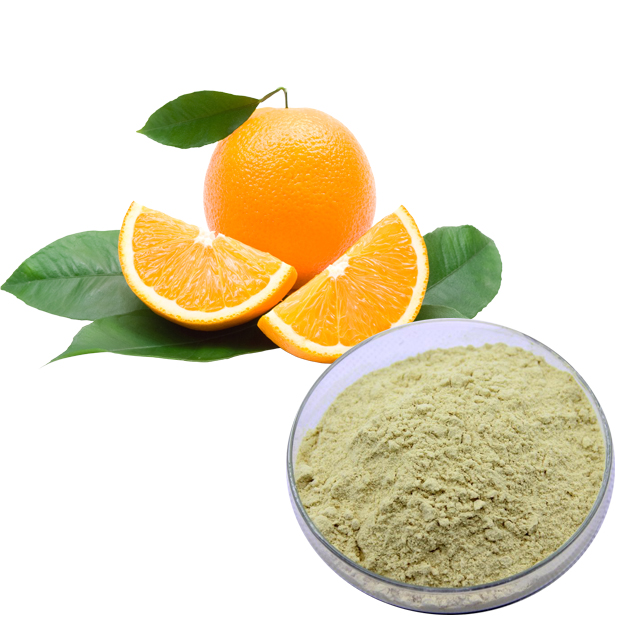"Uncovering the Power of Nervous Acids A Key Role in Brain Health"
Nervonic acid, also known as selacholeic acid or cis-15-tetracosenic acid, is a long-chain monounsaturated fatty acid with a unique molecular structure consisting of 24 carbon atoms and a single double bond at the 15th position. Its chemical formula is C24H46O2, and it has a relative molecular mass of 366.6.


In the world of nutrition and health, there are countless compounds and nutrients that play a vital role in maintaining our overall health. One compound that has gained attention in recent years is nervonic acid. This unique fatty acid has been linked to a variety of health benefits, especially in supporting brain health and function. In this blog, we’ll delve into the fascinating world of nervonic acid and explore its potential impact on our health.
Nervonic acid, also known as cis-15-tetraenoic acid, is a monounsaturated omega-9 fatty acid. It occurs naturally in high concentrations in certain plant and animal sources, including fish, nuts, and seeds. However, the body is also able to synthesize nervonic acid from other fatty acids, albeit in limited amounts. This fatty acid is a key component of myelin, the protective layer surrounding nerve fibers that facilitates efficient nerve signal transmission. Therefore, nervonic acid plays a vital role in maintaining the integrity and function of the nervous system.
Research shows that neurexic acid can provide a range of benefits for brain health. One of the most notable effects of neurexic acid is its potential to support cognitive function and memory. Research suggests that adequate levels of neurite in the brain may help improve cognitive performance and help prevent age-related cognitive decline. In addition, neuraminic acid has been linked to promoting neuroplasticity, which is the brain's ability to reorganize and form new neural connections, which is critical for learning and memory.
In addition to its cognitive benefits, neuracin has been linked to mood and emotional health. Some research suggests that nervonic acid may play a role in regulating neurotransmitter function, particularly those involved in mood regulation, such as serotonin and dopamine. Therefore, maintaining optimal levels of neurite in the brain may help support positive mood and emotional balance.
Additionally, nervonic acid has received attention for its potential neuroprotective properties. Research suggests that neuraminic acid may help protect against oxidative stress and inflammation in the brain, both of which are linked to the development of neurodegenerative diseases such as Alzheimer's and Parkinson's disease. By supporting the structural integrity of myelin and promoting overall brain health, neurexic acid may help reduce the risk of cognitive decline and neurodegenerative diseases.
While the potential benefits of neurexic acid for brain health are promising, it's worth noting that more research is needed to fully understand its mechanisms and effects. Additionally, the role of nervonic acid in other aspects of health, such as cardiovascular function and inflammation, deserves further study.
In conclusion, neurexic acid is a fascinating compound with the potential to significantly impact our brain health and overall well-being. From supporting cognitive function and memory to promoting mood balance and neuroprotection, the effects of nervonic acids in the body are truly remarkable. As our understanding of this unique fatty acid continues to evolve, it is clear that neuramic acid holds great promise as a key player in maintaining optimal brain health. Incorporating neurexic acid-rich foods into our diets and paying attention to ongoing research in this area may provide valuable insights into maximizing the potential benefits of this interesting compound.
Contact:James Yang
Tel/WhatsApp: +8619992603115
WeChat:19992603115
Email: sales@xabcbiotech.com











